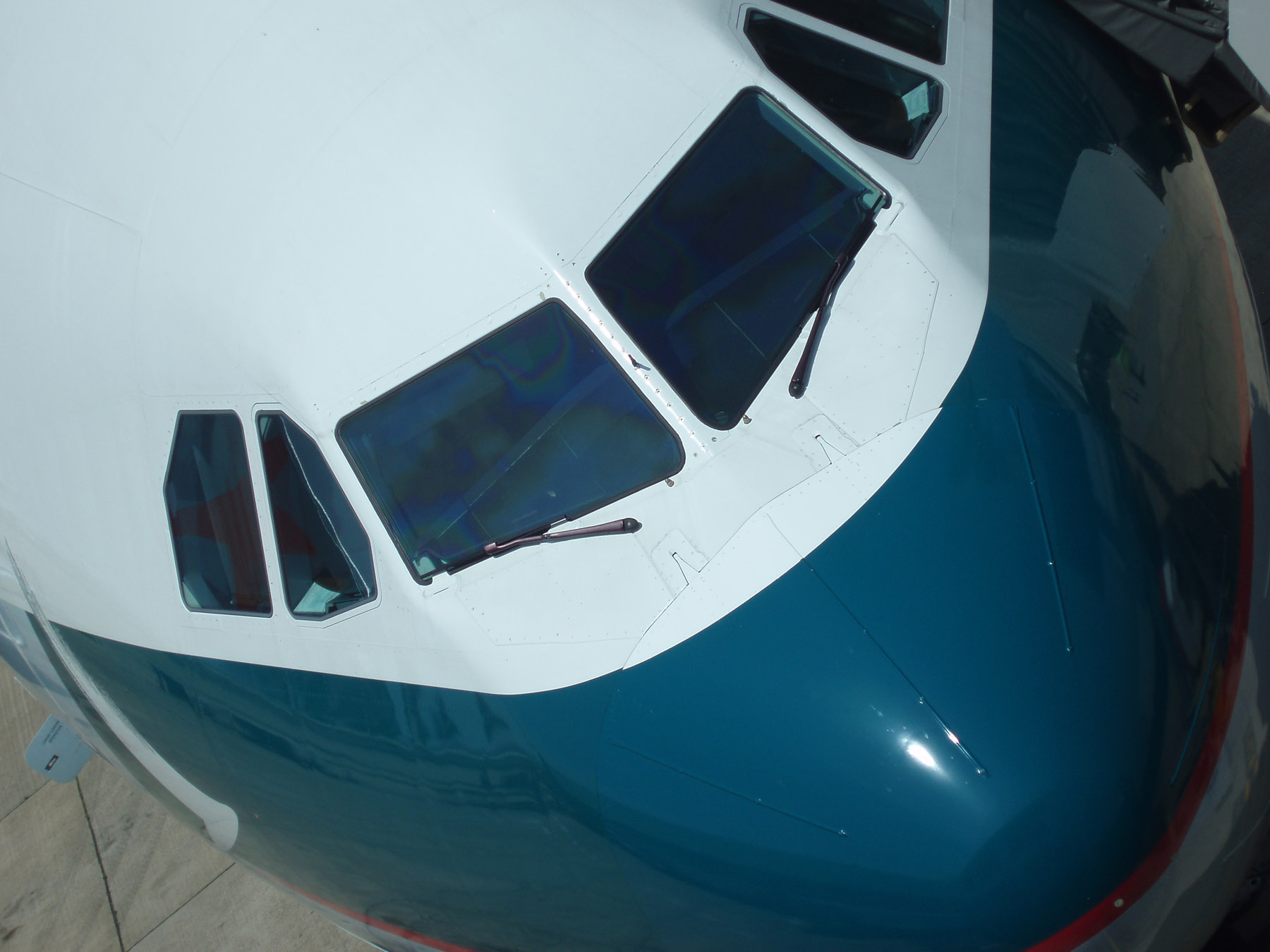In 1993 the
Oslo agreements were marked with the historic handshake between Yitzhak Rabin
and Yasser Arafat on the White House lawn.
Israel agreed to withdraw from defined areas of the West Bank and Gaza
and to allow elections to take place to enable a Palestinian Authority to have
some degree of autonomy. At the time the
population in Israeli settlements in the occupied Palestinian territories was
282,000. Today it is over 500,000.
Israeli
Government policy has encouraged the expansion of settlements in the West Bank although
this expansion is recognised to be illegitimate under international law by the United
States, EU and UK government. It is claimed that settlements
restrict Palestinian movement to such an extent that they now call into
question the viability of the two-state solution.
Today 22 agencies and churches have published a report detailing the EU’s trading relationship with Israeli settlements in the West Bank. The report reveals that the volume of EU trade with illegal settlements is 15 times that of trade with Palestinian communities in the West Bank.




